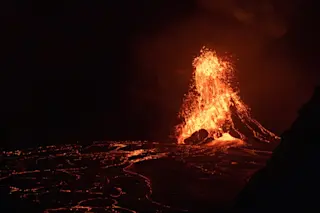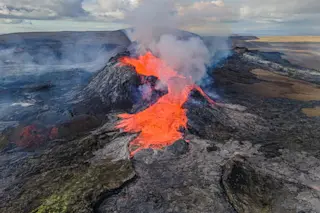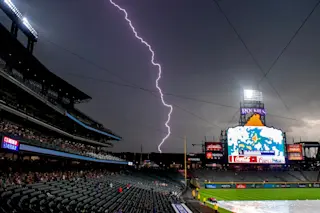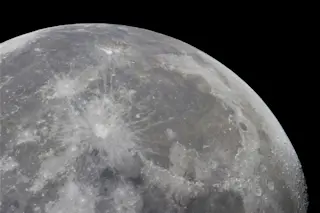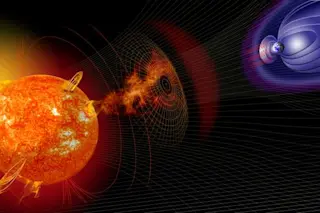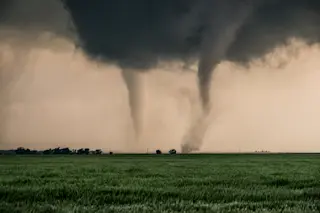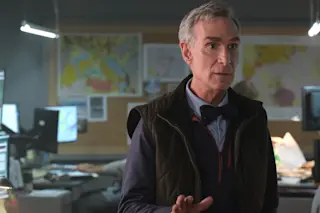Ever since joining an listserv before the 2008 election, I've been receiving emails from all sorts of folks across levels of government. Last night a note came from a candidate running for Senate in a state I've never resided in. Since the topic being discussed was the oil spill, I read on. I agreed with much of the sentiment--that the devastation in the Gulf is sad, that we need to protect the marine realm, and that better policies should be instituted to make sure it never happens again. But then I looked for substance. I wanted to read his positions on the critical issues at hand related to oil, energy, national security, and so on. "We need an energy policy" it said. That was all. There was a pretty photo of him looking at the ocean too. It's not that I discourage good intentions, but real leaders in government need ...
Do Politicians Understand the Science?
This article discusses the urgent need for a comprehensive energy policy that connects science with politics for effective climate action.
More on Discover
Stay Curious
SubscribeTo The Magazine
Save up to 40% off the cover price when you subscribe to Discover magazine.
Subscribe

